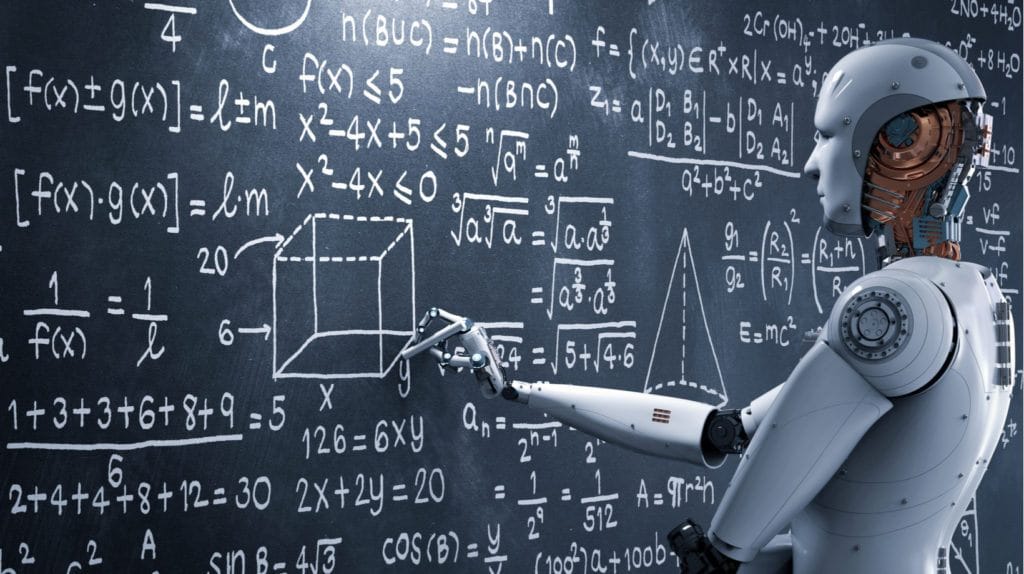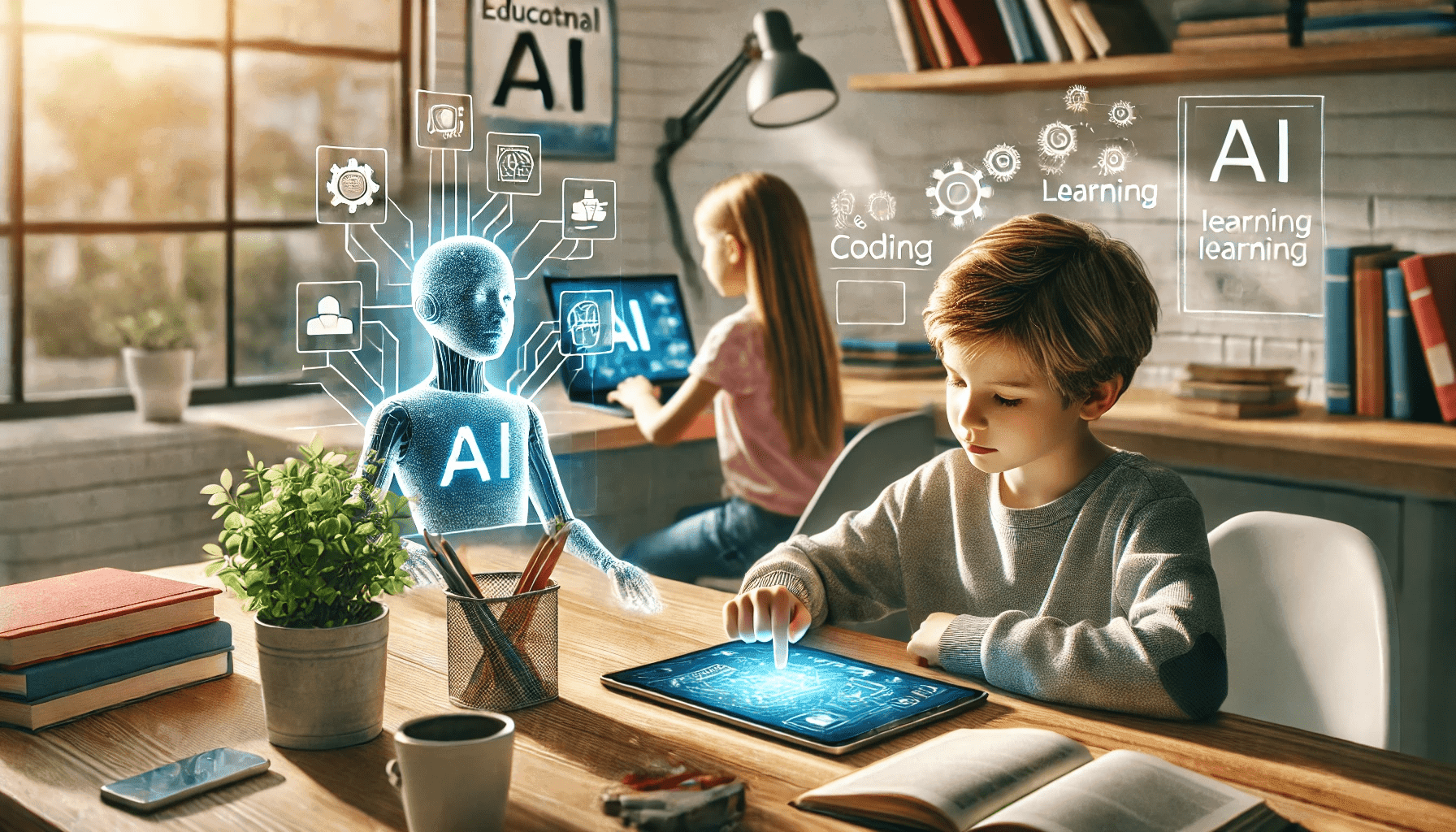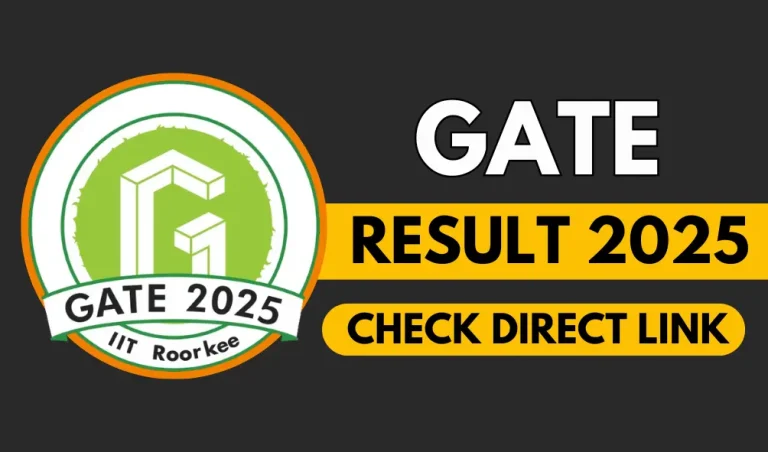AI in Education
AI in Education: How Schools Are Using ChatGPT to Transform Learning
Introduction
Artificial intelligence (AI in education) has significantly reshaped various industries, and education is no exception. One of the most groundbreaking advancements in AI for education is ChatGPT, a powerful language model developed by OpenAI. Schools and educational institutions are increasingly integrating ChatGPT into their systems to enhance learning, provide personalized tutoring, and support teachers in administrative tasks.
In this article, we explore how schools are using ChatGPT to revolutionize education, its benefits, challenges, and future implications.
The Role of ChatGPT in Modern Classrooms
1. Personalized Learning for Students
ChatGPT allows schools to offer a tailored learning experience for each student. By analyzing a student’s learning pace, strengths, and weaknesses, AI-powered tutors can customize study plans, suggest relevant resources, and provide immediate feedback. This personalized approach ensures that no student is left behind and learning gaps are minimized.
2. AI-Powered Tutoring and Homework Assistance
Many students struggle with homework and need instant help outside school hours. ChatGPT serves as an AI tutor, providing explanations, solving complex problems, and answering queries in subjects like mathematics, science, history, and literature. Unlike traditional tutoring, AI-driven assistance is available 24/7, making learning more accessible to students worldwide.
3. Enhancing Teacher Productivity
Teachers often spend a significant amount of time on repetitive tasks such as grading assignments, preparing lesson plans, and answering common student queries. With ChatGPT, these tasks can be automated, allowing educators to focus more on engaging with students and fostering critical thinking skills.
4. Language and Writing Support
Students learning new languages or improving their writing skills can leverage ChatGPT for grammar checks, essay writing suggestions, and language translation. AI-powered tools help students refine their writing, structure their thoughts effectively, and improve overall communication skills.
5. Virtual Classrooms and AI Chatbots
The shift toward digital learning has prompted the adoption of AI chatbots in virtual classrooms. Schools use ChatGPT-driven bots to facilitate discussions, answer students’ questions, and keep the learning process interactive, even in remote settings. This improves engagement and ensures students receive timely support, regardless of location.

Benefits of ChatGPT in Education
1. Improved Accessibility and Inclusion
AI-powered tools make education more inclusive by providing support for students with disabilities. ChatGPT can convert text into speech for visually impaired learners, offer real-time translations for non-native speakers, and assist students with learning disabilities like dyslexia.
2. Cost-Effective Learning Solutions
Hiring personal tutors or buying expensive study materials is not feasible for every student. ChatGPT provides cost-effective alternatives by offering free or affordable AI-based tutoring, reducing the financial burden on students and parents.
3. Instant Feedback and Performance Tracking
Traditional learning often involves delayed feedback due to workload constraints on teachers. ChatGPT enables real-time assessment and instant feedback, allowing students to understand their mistakes immediately and improve faster.
4. Encouraging Independent Learning
By using ChatGPT, students can develop self-learning habits. AI-driven guidance encourages curiosity, problem-solving, and exploration, making learning a more engaging and student-centered process.
Real-World Examples of AI in Schools
1. Los Angeles Unified School District, USA
One of the largest school districts in the U.S. has started using AI-driven tutoring platforms, including ChatGPT, to assist students in subjects like math and English. The AI tools provide instant feedback and personalized learning resources.
2. Oak National Academy, UK
In the UK, Oak National Academy has implemented AI chatbots to support students in remote learning. The AI assistants help clarify doubts, recommend study materials, and ensure students remain engaged in virtual classrooms.
3. Delhi Public Schools, India
Several branches of Delhi Public Schools in India have integrated ChatGPT into their digital learning platforms. AI-powered teaching assistants help students with homework, improve language skills, and support teachers with lesson planning.
4. Singapore’s Smart Nation Initiative
Singapore has been at the forefront of AI in education, using ChatGPT and similar AI models to develop smart classrooms. AI-driven analytics track student performance and offer personalized recommendations to improve learning outcomes.
Challenges of Implementing ChatGPT in Schools
1. Accuracy and Reliability
While ChatGPT is highly advanced, it is not always 100% accurate. AI-generated responses may sometimes contain errors or outdated information, necessitating supervision from educators.
2. Ethical Concerns and Plagiarism
With AI-assisted writing, concerns about plagiarism and academic integrity arise. Schools need to implement guidelines to ensure students use ChatGPT ethically, rather than solely relying on it for assignments.
3. Data Privacy and Security
AI-driven tools process vast amounts of student data, raising concerns about privacy and security. Educational institutions must ensure compliance with data protection regulations to safeguard sensitive information.
4. Digital Divide
Not all students have access to the internet or digital devices, creating a gap in AI-driven learning. Schools need to address this issue by providing technological resources to underprivileged students.
Future of ChatGPT in Education
The future of AI in education looks promising, with ongoing advancements in AI models expected to enhance student learning further. Here are some trends we can anticipate:
- More Sophisticated AI Tutors: Future AI models will be even more advanced, capable of simulating human-like interactions for deeper engagement.
- Integration with Learning Management Systems (LMS): AI-powered tools will seamlessly integrate with existing LMS platforms to streamline learning processes.
- Automated Grading and Assessments: AI will handle more complex grading tasks, including evaluating essays and creative assignments.
- Adaptive Learning Environments: AI will create highly personalized learning environments, adjusting in real-time to a student’s progress and needs.
How AI is Transforming Education: The Future of Learning in 2025
Introduction
Artificial Intelligence (AI) has been reshaping education for years, but in 2025, its impact is more profound than ever. AI-driven technologies are transforming how students learn, how teachers instruct, and how educational institutions operate. With AI tools such as ChatGPT, adaptive learning platforms, and smart classroom systems, the future of education is becoming more personalized, efficient, and accessible.
In this article, we will explore how AI is revolutionizing education in 2025, its key applications, benefits, challenges, and what the future holds for AI-driven learning.
Key Ways AI is Transforming Education in 2025
1. Personalized and Adaptive Learning
Traditional one-size-fits-all teaching methods are being replaced by AI-driven adaptive learning. AI algorithms analyze student performance in real-time and adjust the curriculum to match individual learning speeds, strengths, and weaknesses. This ensures a customized learning experience for each student, leading to better academic outcomes.
2. AI-Powered Virtual Tutors and Teaching Assistants
AI-powered tutors are now more advanced, capable of explaining complex concepts in simple terms, answering student questions instantly, and offering personalized learning recommendations. AI teaching assistants are also reducing the workload for educators by handling administrative tasks, grading assignments, and generating lesson plans.
3. Smart Classrooms with AI Integration
In 2025, AI-enhanced smart classrooms use facial recognition and sentiment analysis to track student engagement and participation. Interactive AI systems adjust lessons in real-time based on student responses, ensuring that lessons are more engaging and effective.
4. AI-Driven Assessment and Automated Grading
Teachers no longer need to spend hours grading papers. AI-powered systems now assess assignments, tests, and even essays with high accuracy. These systems provide instant feedback, helping students understand their mistakes and improve faster.
5. Language Learning and Translation Tools
AI-powered translation and speech recognition tools are breaking language barriers in education. Students can now learn in their native languages while AI translates course materials and lectures in real time. This has made education more inclusive for non-native speakers and international students.
6. AI in Career Guidance and Skill Development
AI-driven career counseling platforms analyze students’ interests, strengths, and academic performance to recommend suitable career paths. These platforms also offer personalized training programs to help students acquire in-demand skills for the job market.
7. Enhanced Student Support and Mental Health Monitoring
AI is also being used to monitor student well-being. AI chatbots provide emotional support, answer student queries, and detect signs of stress or anxiety. Schools and universities use AI-driven mental health monitoring tools to identify students who may need counseling and support.
Benefits of AI in Education
- Increased Accessibility: AI-powered education platforms provide learning opportunities for students in remote areas, ensuring that quality education reaches everyone.
- More Efficient Teaching: AI reduces teachers’ administrative burden, allowing them to focus more on student engagement and critical thinking development.
- Data-Driven Decision Making: AI provides valuable insights into student performance, helping educators make data-driven decisions to improve teaching strategies.
- Scalability of Education: AI enables personalized learning at scale, making high-quality education accessible to millions of students worldwide.
Challenges and Ethical Concerns
While AI is transforming education, it also comes with challenges such as:
- Data Privacy Risks: The collection of student data raises concerns about privacy and security.
- Over-Reliance on AI: Excessive dependence on AI could reduce students’ ability to develop critical thinking and problem-solving skills.
- Bias in AI Algorithms: AI models must be continuously refined to eliminate biases in education.
- Digital Divide: Not all students have equal access to AI-powered learning tools, creating a gap in education quality.
The Future of AI in Education Beyond 2025
As AI continues to evolve, we can expect further advancements such as:
- AI-Powered Holographic Teachers: Virtual teachers using holograms may make remote learning more interactive.
- Brain-Computer Interfaces (BCI): AI-driven BCIs could allow students to interact with learning materials using brain signals.
- Fully Automated AI Schools: Future AI-driven schools may operate with minimal human intervention, providing self-paced and AI-monitored education.
Conclusion
AI is fundamentally reshaping the future of education in 2025, making learning more personalized, efficient, and accessible. While challenges remain, the benefits of AI-driven education are undeniable. By balancing technology with ethical considerations, AI has the potential to revolutionize the learning experience and equip students with the skills they need for the future.
The education sector must continue embracing AI responsibly, ensuring it enhances rather than replaces human teaching, and remains a tool for inclusive, high-quality education worldwide.
Conclusion
ChatGPT is revolutionizing education by making learning more personalized, accessible, and efficient. While challenges exist, the benefits far outweigh the limitations. As AI technology continues to evolve, its role in education will expand, offering students and educators innovative ways to enhance the learning experience.
Educational institutions must embrace AI responsibly, ensuring ethical use while maximizing its potential to shape the future of learning. With the right balance of human guidance and AI-driven support, ChatGPT is set to become a game-changer in the education sector.






